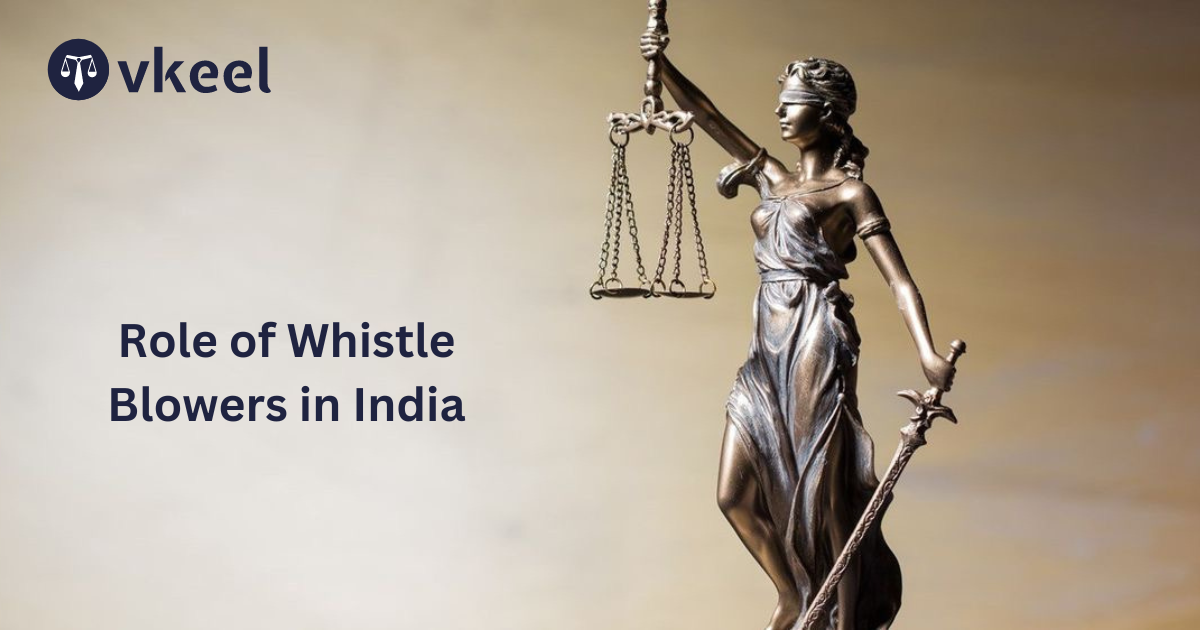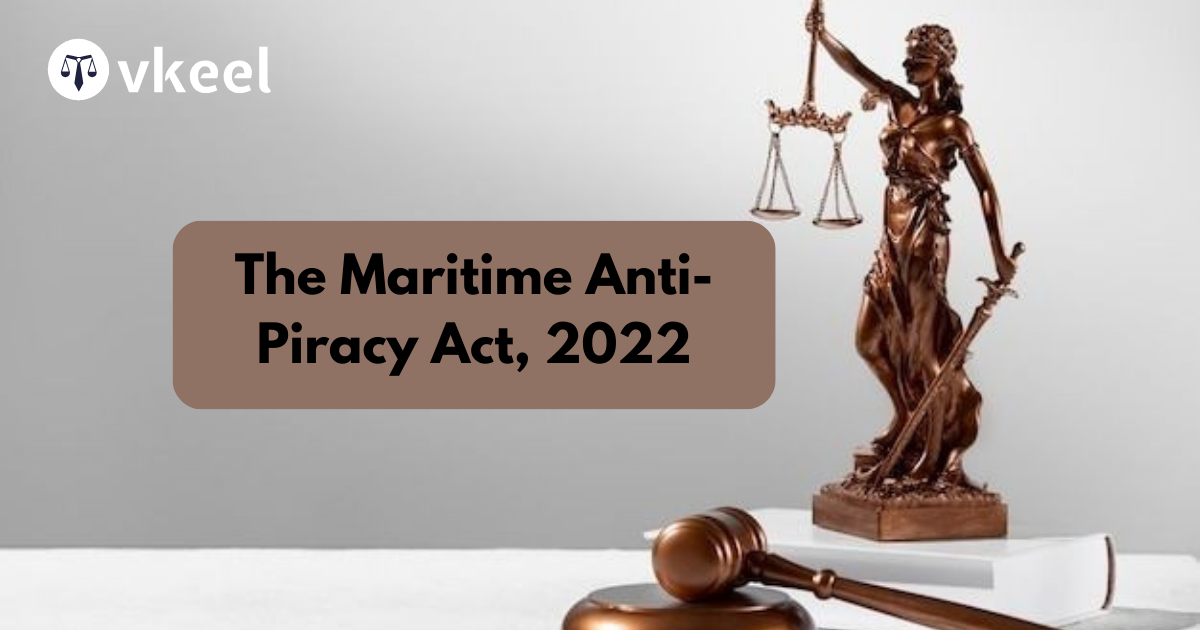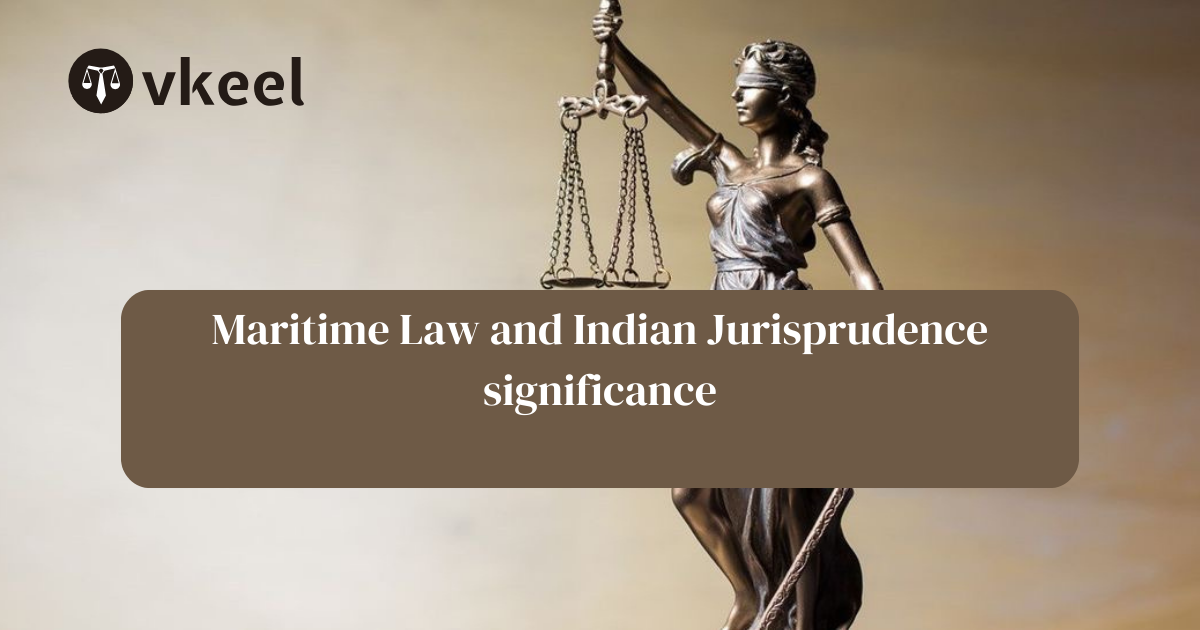Role of Whistle Blowers in India
By Joy Puri
Table of Contents
Introduction
Whistleblowing proves itself as a powerful tool for encouraging accountability within organizations and the society. By being the light in the dark and in a world of unethical or illegal behavior, whistleblowers make sure that those in positions of power are held by people who are responsible and fair. The aforementioned accountability extends to protecting the public interest, the values of age old people and the people who possess values. These people often expose wrongdoings or unethical behaviour that poses risks to individuals and communities, such as environmental hazards or financial fraud and many more with the intention to protect public will.
Moreover, whistleblowing upholds ethical requirements by outlining that dishonesty and misconduct will not be tolerated in the prevailing scenarios. By doing so, it preserves culture where honesty, integrity, fairness and transparency are valued and rewarded by the individuals. Ultimately, whistleblowing gives birth to positive changes by prompting reforms and improvements within organizations, leading to greater trust and fairness amongst people.
What is whistle blowing?
Whistleblowing which was a term used by the act of a referee blowing a whistle to stop a wrongful move in sports, refers to the disclosure of any non-public information by an individual or group of individuals, typically in many cases, employees, about illegal, unethical, or harmful activities being carried out within the organization or governmental levels.
Whistleblowers are the eyes and ears of the people, and they play a pivotal role in unleashing the wrongdoing and promoting accountability within the society.
Mark Whitacre: “Whistleblowers don’t generally start out as whistleblowers. They start out as employees trying to do their job, often until a series of events prompts them to speak out.”
Nader in 1971, stipulated about the antecedent topic as “man or a woman who, believing that the public interest overrides the interest of the organization he/she serves, blows the whistle that the organization is involved in corrupt, illegal, fraudulent, or harmful activity.”
Satyendra Dubey Case
In the aforementioned case, Satyendra, an IIT graduate was involved as a civil engineer in the Golden Quadrilateral Highway project of the Govt. Satyendra Dubey whistleblowing case involved several key legal fundamentals and considerations. Assigned to oversee the Project, one of India’s most ambitious infrastructure projects, Dubey soon became aware of high level corruption and irregularities within the system.
In November 2002, Dubey wrote a letter to then-Prime Minister Atal Bihari Vajpayee, entailing in detail about the corruption and malpractices that he witnessed within the project. He deciphered instances of contractors using substandard materials, ulterior relations being dwelled between officials and contractors, and financial irregularities. Dubey’s letter also exposed threats to his life and requested anonymity to protect himself from potential retaliation.
Despite requesting confidentiality from the PMO, Dubey’s letter was forwarded to the Ministry of Road Transport and Highways. This breach of anonymity ultimately led to Dubey being identified as the whistleblower in the prevailing act. Just days after his letter became public, on November 27, 2003, Satyendra Dubey was tragically shot dead by unidentified assailants in Gaya, Bihar. His murder ignited nationwide outrage and raised questions about the safety and protection of whistleblowers in India.
Dubey’s case became a symbol of the risks faced by those who speak out against corruption and the people who work and govern the fundamentals of ethics and values enshrined. It prompted calls for stronger whistleblower protection laws and greater accountability in government projects. The Central Vigilance Commission, in furtherance to that recommended measures to safeguard whistleblowers and prevent retaliation, but challenges remain in ensuring their safety and security.
Satyendra Dubey’s legacy lives on as a reminder of the courage and sacrifice required to fight corruption and uphold integrity in public service and to protect the public will. His tragic death undermines the ongoing struggle for transparency, fairness, and justice in India’s governance system over the time.
Related legislations
For the case of India, the pivotal legislation related to whistleblowers primarily focuses on providing protection to individuals who expose corruption, wrongdoing, or any form of malpractice within government or private organizations for the public good. The key legislation related to whistleblowers in India is the Whistleblowers Protection Act, 2011. Apart from this, there are other laws and regulations that indirectly provide some level of protection to whistleblowers:
The Right to Information Act, 2005: Although it is not directly aimed at protecting whistleblowers, the RTI Act allows people to seek information from public authorities, which can indirectly support whistleblowing activities in some or the other way by providing transparency and fairness.
The Prevention of Corruption Act, 1988: This act at priority deals with corruption-related offenses and provides protection to whistleblowers who expose corruption within government bodies or public sector enterprises for the public good.
The Companies Act, 2013: Section 177 of the Companies Act, 2013, makes it compulsory that the establishment of a vigil mechanism for directors and employees has to report genuine concerns about unethical behaviour, malpractice, or fraud within a company.
The Public Interest Disclosure and Protection of Informers Resolution, 2004: This is not a law but a resolution. It aims to promote individuals to disclose information about corruption or misuse of official powers in the government organizations and promote transparency and principles of ethics in governance.
Conclusion
Whistleblowing can pose significant effects on the life of individuals involved, both positively and negatively. Focusing on one side of the coin, whistleblowers often face personal and professional repercussions, such as retaliation from employers, hurdles from colleagues, and even legal challenges thereof. These consequences can lead to stress, anxiety, depression and financial strain, impacting their mental and emotional well-being in a negative manner. Whereas if we flip the coin to unveil the other side of the coin, whistleblowers may experience a sense of moral satisfaction and self fulfilment from sparking out against wrongdoing, with the knowledge that they’ve taken a stand for what’s right based on the fundamentals of fairness, transparency, justice and for public well being.
Disclaimer:
The information provided in the article is for general informational purposes only, and is not intended to constitute legal advice or to be relied upon as a substitute for legal advice. Furthermore, any information contained in the article is not guaranteed to be current, complete or accurate. If you require legal advice or representation, you should contact an attorney or law firm directly. We are not responsible for any damages resulting from any reliance on the content of this website.










